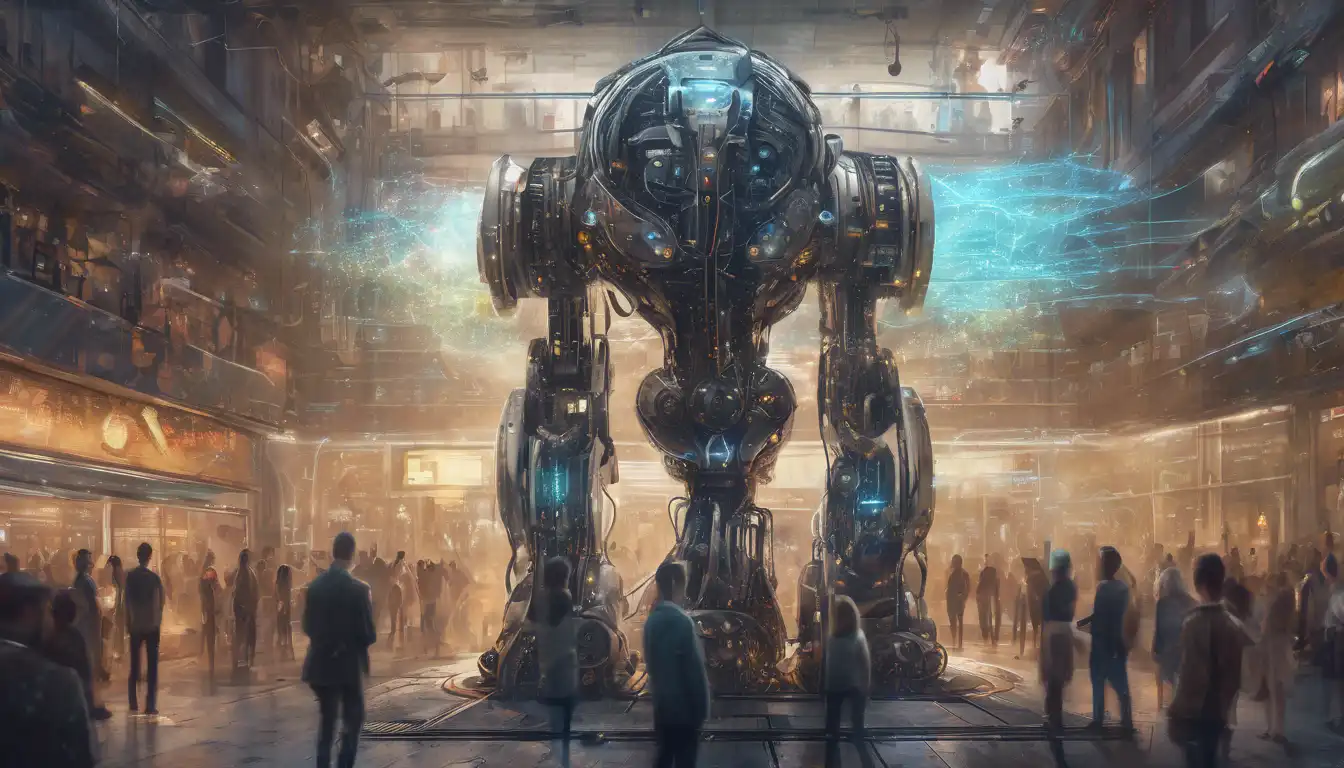Introduction to Machine Learning in Recommendations
Machine learning has revolutionized the way we interact with digital platforms, especially in the realm of personalized recommendations. From streaming services to e-commerce, machine learning algorithms are at the heart of suggesting what to watch, buy, or read next. This article delves into how machine learning powers these recommendation systems, making them more accurate and personalized than ever before.
Understanding Recommendation Systems
Recommendation systems are algorithms designed to predict user preferences and suggest relevant items. These systems can be broadly categorized into two types: collaborative filtering and content-based filtering. Machine learning enhances these systems by analyzing vast amounts of data to identify patterns and predict user preferences with high accuracy.
How Machine Learning Powers Recommendations
Machine learning algorithms process user data, including past behavior, preferences, and interactions, to generate recommendations. Techniques such as neural networks, decision trees, and clustering are commonly used. For instance, neural networks can analyze complex patterns in user data to predict future preferences.
Benefits of Machine Learning in Recommendations
- Personalization: Machine learning enables highly personalized recommendations, improving user satisfaction.
- Scalability: These algorithms can handle vast datasets, making them suitable for large platforms.
- Accuracy: Continuous learning improves the accuracy of recommendations over time.
Challenges and Solutions
Despite their advantages, machine learning-based recommendation systems face challenges such as data privacy concerns and the cold start problem. However, advancements in data privacy technologies and hybrid recommendation systems are addressing these issues.
Future of Machine Learning in Recommendations
The future of recommendation systems lies in the integration of more advanced machine learning techniques, such as deep learning and reinforcement learning. These technologies promise to deliver even more personalized and dynamic recommendations.
Conclusion
Machine learning is the backbone of modern recommendation systems, driving personalization and efficiency. As technology advances, we can expect these systems to become even more sophisticated, further enhancing user experiences across digital platforms.
